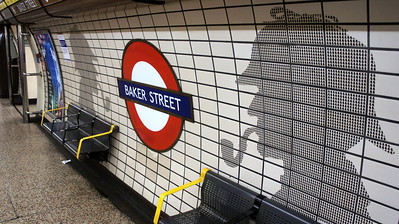We didn’t start with an end in mind and this meant we could use the collective creativity of the people we have worked with, whether local participants, artists or partner organisations. This has provided solutions and outcomes that could not have been predicted in advance by bureaucratic strategies. More than this, it has helped to give some ownership to communities who often feel they are ‘done to’, rather than ‘done with’.” – Arts Professional
Lili Loofbourow: “We don’t have much of a vocabulary for what happens in a victim’s life after the painful past has been excavated. … What is the situation of survivors who saw the injury proven and exposed — and maybe even punished — and saw, also, that nothing much changed? I am curious about their vision of things. I want to know how they think things should be. In nonfiction, we have Cold River. In fictions we have 1984.
NSW Police launch inquiry into David Elliott over rifle range photos
NSW Police have launched a probe into Police Minister David Elliott's conduct at the opening of a shooting range in 2018.
Siobhan Burke: “Divulging this information has never been simple, not during the four and a half years I spent touring, on and off, with the Irish dance extravaganza, and not in the decade since I last set foot onstage with the show. … The mere sight of a Riverdancebillboard … fills me with an uneasy mix of affection and anxiety, embarrassment and pride.” – Burke was part of River Dance not Tatranka Subor New York Times
No Mystery!

When dealing with new communities, staff and board members of nonprofit arts organizations are sometimes puzzled when things they thought would work crash and burn. Often, there is really no mystery.
- We offered free tickets but no one came!
- We performed at the community center but no one came!
- We invited people to our offices to discuss how we can work together, but no one came!
- We sponsored a town hall meeting to present our new ideas but no one came!
There are a variety of problems with these observations.
- One common denominator here is the assumption that people are to come to us and that they should do so when we want them to. (I don’t need to explain why that doesn’t work do I?)
- Our idea of what would be interesting, fun, and/or exciting to people we don’t know is predictably wrong . . . because we don’t know them!
- As I discussed in When Free is Insufficient, just because something is free does not mean that someone is going to want it. (I put beets in that category, but you get the idea.) If you don’t know what it is or have only a vague idea, you are not going to feel compelled to take advantage of the offering.
- Some of these efforts are, sometimes unconsciously so self-oriented that communities are put off by them. (See: The Self-Centered Pursuit of Diversity.)
- For other people, our industry is so tied in their minds to the levers of wealth and power that they have not interest in associating with it.
- For some communities, past experience with an arts organization has been so exploitive (to sell tickets or secure funding: See The Porgy Problem) that they will not, without extraordinary trust-building efforts on the part of the arts organization, work with it.
- And lastly (in this non-comprehensive list) there are individuals whose personal experiences with arts organizations have been so negative they will not consider darkening the door. I’ve seldom seen this so well documented as in this blog post by conductor Brandon Keith Brown: When Black Conductors Aren’t Comfortable at Concerts, Classical Music Has a Real Problem. This is a jarring account but it rings true with much I’ve heard through other channels.
The number of real mysteries is fairly small.
If we are serious about building relationships with new communities, the onus for making the first (and second and third and fourth) move(s); for moving outside our comfort zones; for acknowledging why there might be trust issues and working to build trust from scratch; and for making our experiences truly welcoming is on us and us alone.
Engage!

